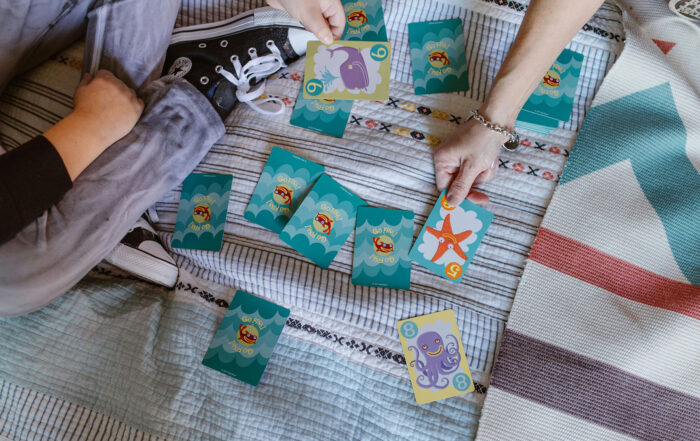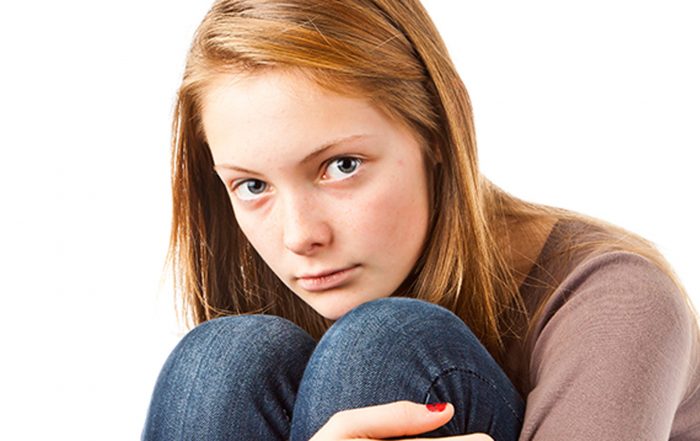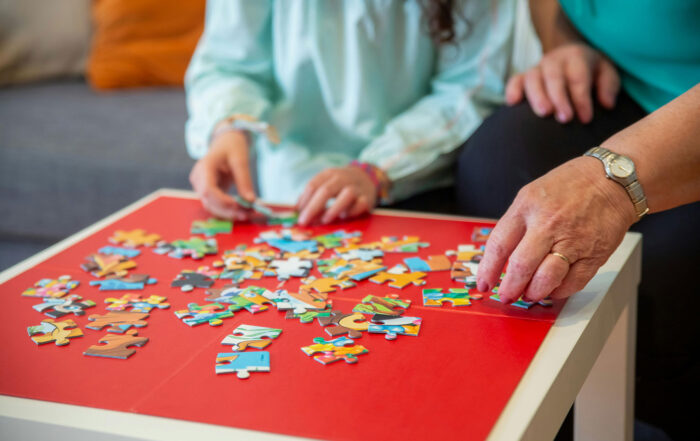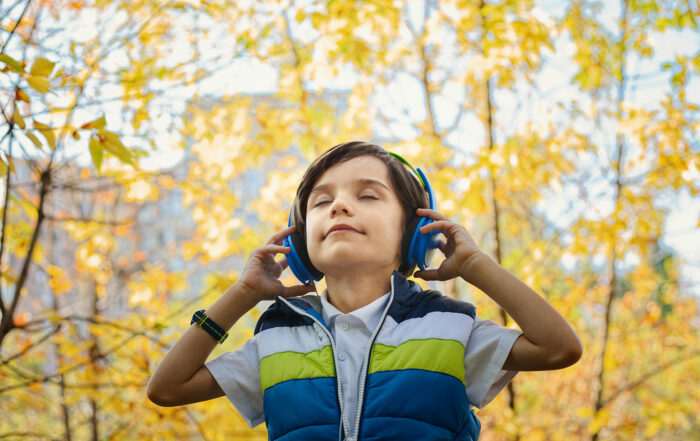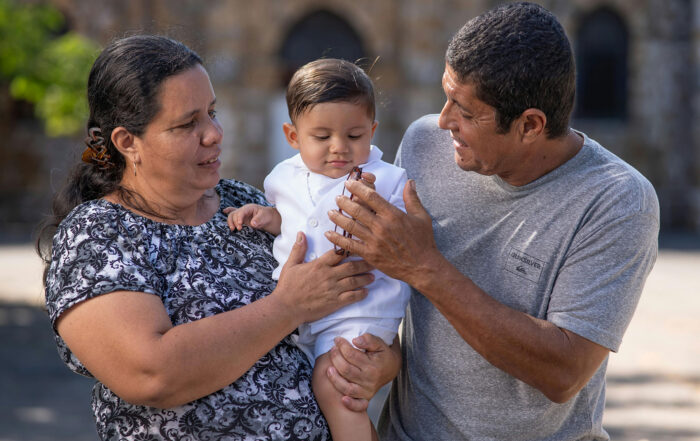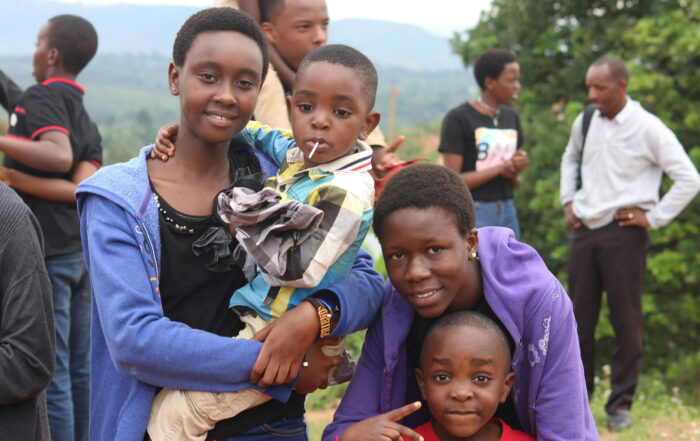
By Stacey Steinberg
Children may be processing the disruptions in their lives right now in ways the adults around them do not expect: acting out, regressing, retreating or even seeming surprisingly content. Parents need to know that all of this is normal, experts say, and there are some things we can do to help.
“Our natural response to scary things is biologically to release stress hormones,” said Dr. Nadine Burke Harris, a pediatrician and surgeon general of the state of California, and the author of “The Deepest Well: Healing the Long-Term Effects of Childhood Adversity.” The release of stress hormones activates our fight or flight response. Our bodies, in responding with the release of stress hormones, are doing exactly what they should be doing.
But in some cases, exposure to stressful events — which right now might include the absence of routines, a parent’s job loss and economic hardship, or the serious illness or death of someone a child cares about — can leave children feeling traumatized.
Share This Post!
School exclusions are on the up – but training teachers in trauma could help
By The Conversation After years of decline, school exclusions are on the rise again, according to official figures for the Department for Education. The Timpson review, carried out by former children’s minister [...]
How Trauma Affects Kids in School
By Caroline Miller We tend to think of trauma as the result of a frightening and upsetting event. But many children experience trauma through ongoing exposure, throughout their early development, to [...]
10 Things About Childhood Trauma Every Teacher Needs to Know
By Starr Commonwealth With grief, sadness is obvious. With trauma, the symptoms can go largely unrecognized because it shows up looking like other problems: frustration; acting out; difficulty concentrating, following directions, or [...]
Music Therapy Addresses Trauma – Careers That Change Lives
By Barbra Weidlein Trauma settings Music therapists have been called upon to support the recovery of individuals and communities following horrific events as well as natural disasters. Settings have included New [...]
Healing from Childhood Trauma
By: E.B. Johnson When you experience childhood trauma, your life and your soul are altered forever. Those who suffer loss, abuse or neglect early-on in life can often suffer from serious psychological and [...]
The Effects of Childhood Trauma
By Amy Morin, LCSW Although adults often say things like, “He was so young when that happened. He won’t even remember it as an adult,” childhood trauma can have a lifelong [...]


